Table of Contents
INTRODUCTION
Let’s discuss the conduct of advocates. Every advocate has some rights and duties. In this article we will discuss about the duties of advocates towards various parties such as clients, opponents, colleagues, public etc.
Professional Ethics is a subject which has to be followed by everyone irrespective of their profession and it is not just limited to the legal profession. In the legal profession, it is all about the behaviour of a person at the time of taking decisions or making judgements which are not biased.
There are Bar Council Rules and Advocate’s Act which are to be followed by every member who is working as a legal professional. If there is any notice of misconduct or breach of rules then that particular advocate has to face disciplinary consequences. It also deals with the main objective of the legal profession, the canons of professional ethics to be pursued by a lawyer in the discharge of his professional duties.
The Bar Council of India is empowered to make rules so as to prescribe the standards of professional conduct and etiquette(the rules of polite and correct behaviour) to be observed by the advocates. It has been made clear that such rules shall have effect only when they are approved by the Chief Justice of India.
1. DUTIES OF AN ADVOCATE TO THE COURT
Section 1 of Chapter II of Part VI of the Bar Council of India Rules are the rules related to ‘Advocates Duty To the Court’.
- An advocate shall during the presentation of his case and while otherwise acting before a court, conduct himself with dignity and self-respect.
- Whenever there is proper ground for serious complaint against a judicial officer, it shall be his right and duty to submit his grievances (unfairness) to proper authorities.
- An advocate shall maintain towards the court a respectful attitude, bearing in mind that the dignity of the judicial office is essential for the survival of a free community.
- An advocate shall not influence the decision of a court by any illegal or improper means. Private communication with a judge relating to a pending case is forbidden.
- An advocate shall use its best efforts to prevent his client from resorting to sharp or unfair practices or from doing anything in relation to the court, opposing counsel or parties which the advocate himself ought not to do.
- An advocate shall refuse to represent the client who persists in such improper conduct. He shall not consider himself as mere mouthpiece of the client and shall exercise his own judgment in the use of restrained language in correspondence, avoiding scurrilous (derogatory) attacks in pleadings and using intemperate language during the argument in court.
- An advocate shall appear in court at all times only in the prescribed dress and his appearance should also be presentable.
- An advocate shall not enter appearance, act, plead or practice in any way before a court, tribunal or authority mentioned in Section 30 of the Advocates Act, if the sole or any member i.e. the Judge or any member of bench is related to the advocate as father, grandfather, son, grandson, uncle, brother, nephew, first cousin, husband, wife, mother, daughter, sister, aunt, niece, father in law, daughter in law or sister in law.
- An advocate shall not wear bands or gowns in public places other than in courts except on some ceremonial occasions and at such places as the bar council or the court may prescribe.
- An advocate should not appear in or before any court or tribunal or any other authority for or against an organization, institution, society or corporation, if he is a member of the executive committee of such organization, institution, society or corporation.
However, this rule shall not apply to such a member appearing as ‘amicus curiae’ or without fees in a matter affecting the affairs of a bar council, incorporated law society or a bar association.
- An advocate should not act or plead in any matter in which he himself has financial interests. For example, An advocate should not act in a bankruptcy petition where he himself is also a creditor of the bankrupt or he should not accept the brief from a company of which he is a director.
- An advocate shall not stand as a surety (guarantor) or certify the soundness of surety for his client required for the purpose of any legal proceedings.
2. DUTIES OF AN ADVOCATE TO THE CLIENT
Section 2 of Chapter II of Part VI of Bar Council India Rules provides the provisions relating to an advocate’s duty to clients.
- An advocate is bound to accept any brief (legal document) in the courts or tribunals or before any other authority in or before which he proposes to practise. He should levy fees which are usual with the fees collected by fellow advocates of his standing at the Bar and the nature of the case. Special circumstances may justify his refusal to accept a particular brief.
- An advocate should not ordinarily withdraw from serving a client once he has agreed to serve them. He can withdraw only if he has a sufficient cause and by giving reasonable and sufficient notice to the client. Upon withdrawal, he shall refund any part of the fee that has not benefited the client.
- An advocate should not accept a brief or appear in a case in which he himself is a witness. If he has a reason to believe that in due course of events he will be a witness, then he should not continue to appear for the client. He should retire from the case without jeopardizing his client’s interests
- An advocate shall at the beginning of his engagement with client and during the continuance thereof, making all such full and frank disclosures to his client relating to his connection with the parties and any interest in or about the controversy as are likely to affect his client’s judgment in either engaging him or continuing the engagement.
- It shall be the duty of an advocate fearlessly to uphold the interest of his client by all fair and honorable means. He shall define a person accused of a crime regardless of his personal opinion about the accused, bearing in mind that his loyalty is to the law which requires that no man should be convicted without adequate evidence.
- An advocate appearing for the prosecution in a criminal trial shall conduct the prosecution that does not lead to conviction of the innocent. The suppression of the material capable of establishing the innocence of the accused shall be avoided.
- An advocate should not by any means, directly or indirectly, disclose the communications made by his client to him. He also shall not disclose the advice given by him in the proceedings. However, he is liable to disclose if it violates Section 126 of the Indian Evidence Act, 1872.
- An advocate shall not, at any time, be a party to fomenting of litigation (एक वकील को मुकदमेबाजी को भड़काने या भड़काने वाला पक्ष नहीं होना चाहिए।)
- An advocate shall not act on the instructions of any person other than his client or his authorized agent.
- An advocate should not charge for his services depending on the success of the case undertaken. He also shall not charge for his services as a percentage of the amount or property received after the success of the matter.
3. DUTIES OF AN ADVOCATE TO OPPONENT
Section 3 of Chapter II of Part VI of the Bar Council of India Rules provides for the duties of an advocate to the opposing party.
- He cannot communicate or negotiate with any party represented by an advocate except through that Advocate on the subject of conflict.
- An advocate shall do his best to carry out all legitimate promises made to the opposite party even though not reduced to writing or enforceable under the rules of the court.
4. DUTIES OF AN ADVOCATE TO COLLEAGUES
Section 4 of Chapter II of Part VI of the Bar Council of India Rules describes the duties of an advocate towards his colleagues.
- The advocates are not allowed or are debarred from advertising which has an adverse effect on professionalism and would lead to unhealthy competition resulting in deterioration of quality of services.
Moreover, his signboard or nameplate should be of a reasonable size and it should not indicate that he is or has been president or member of bar council or of any association or that has been associated with any person or organization or that specializes in any particular type of work or that he has been a judge or an advocate general.
- An advocate shall not permit his professional services or his names to be used in any unauthorized practice of law or by any law agency.
- An advocate shall not accept any fee less than the fee taxable under the rules when the client is able to pay the same.
- An advocate should not appear in any matter where another advocate has filed a vakalt or memo for the same party. However, the advocate can take the consent of the other advocate for appearing., in case such consent is not given to him, he shall apply to the court stating reasons why the said consent could not be produced and he shall appear only after obtaining the permission of the court.
5. DUTIES OF AN ADVOCATE IN IMPARTING TRAINING
It is improper for an advocate to demand or accept fees or any premium from any person as a consideration for imparting training in law. Under the rules prescribed by the bar council to enable such a person to qualify for enrollment under the Advocates Act 1961.
6. DUTIES OF AN ADVOCATE TO RENDER LEGAL AID
Every advocate shall in the practice of the profession of law bear in mind that anyone genuinely in need of a lawyer is entitled to legal assistance even though he cannot pay for it fully or adequately and that within the limits of an advocate’s economic commission, free legal assistance to the indigent (poor person), an oppressed is one of the highest obligations an advocate owes to the society.
So, these are the essential duties of an advocate mentioned above and any advocate is not allowed to escape these several duties.
7. RESTRICTIONS ON OTHER EMPLOYMENTS
- An Advocate shall not personally engage in any business but he may be a sleeping partner in a firm doing business provided that, in the opinion of the Bar Council the nature of the business is not inconsistent with the dignity of his legal profession i.e. Advocacy.
- An Advocate may be a Director or Chairman of the Board of Directors of a company with or without any ordinary sitting fee, provided none of his duties are of an executive character. He shall not be a Managing Director or a Secretary of any company.
- An Advocate shall not be full-time salaried employee of any person, government, firm, corporation etc. as long as he continues to practice and shall, on taking up any such employment, intimate the fact to the Bar Council and shall thereupon cease to practice as an advocate as long as he continues in such employment.
- An Advocate who has inherited, or succeeded by survivorship any family business may continue but is not allowed to personally participate in the management. He may continue to hold a share with others in any business which has descended to him by survivorship or inheritance or by will, but he does not personally participate in the management of that business.
- An advocate may review Parliamentary Bills for a remuneration, edit legal text books at a salary, do press-vetting for newspapers, coach pupils for legal examination, set and examine question papers.
An advocate can also engage in broadcasting, journalism, lecturing and teaching subjects, both legal and non-legal but this should be in accordance with the other rules about advertising and full-time employment.
Also Read:
All Important Legal Terms A to Z
LEGAL LANGUAGE IN INDIAN CONTEXT
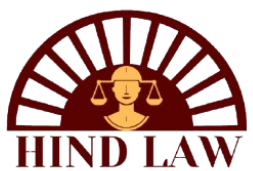
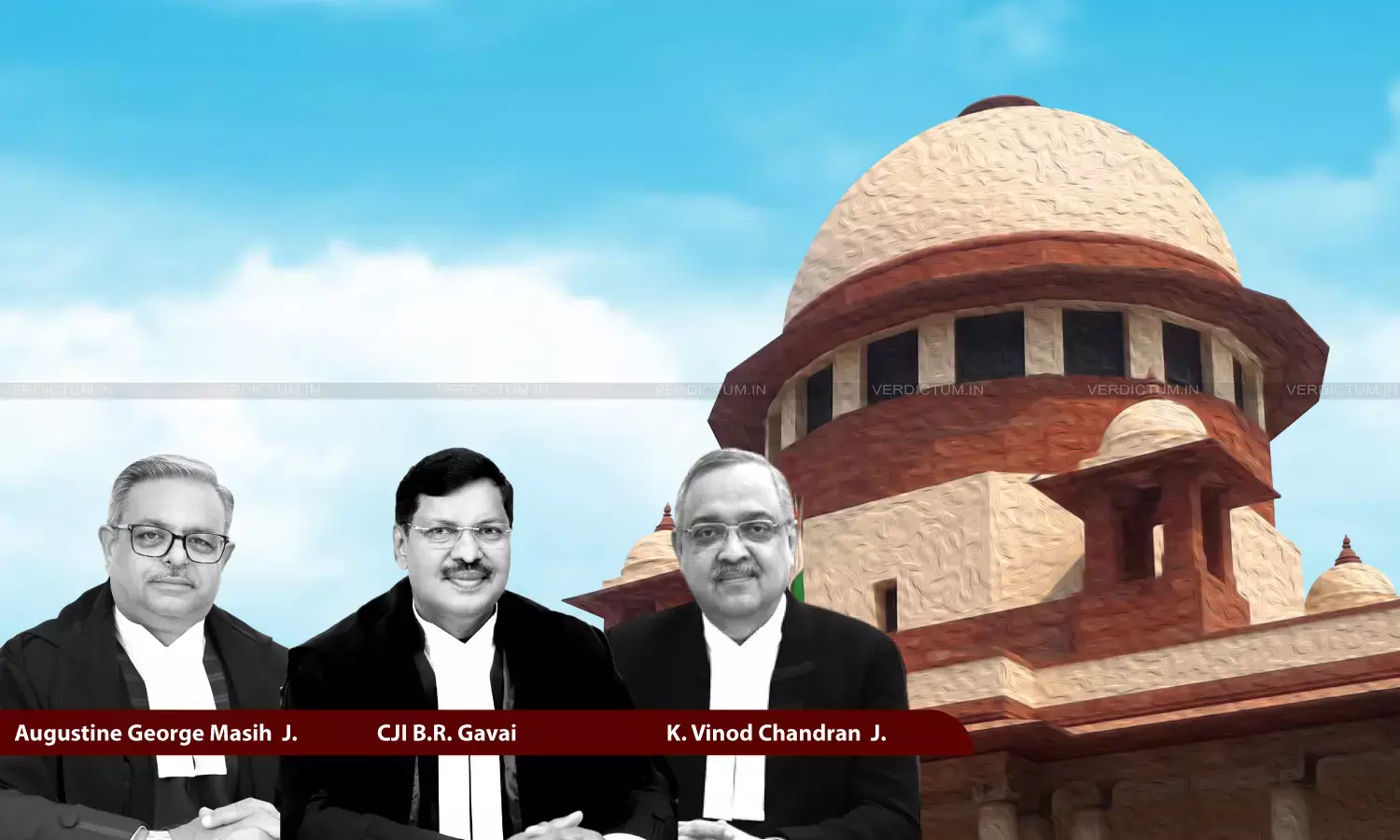



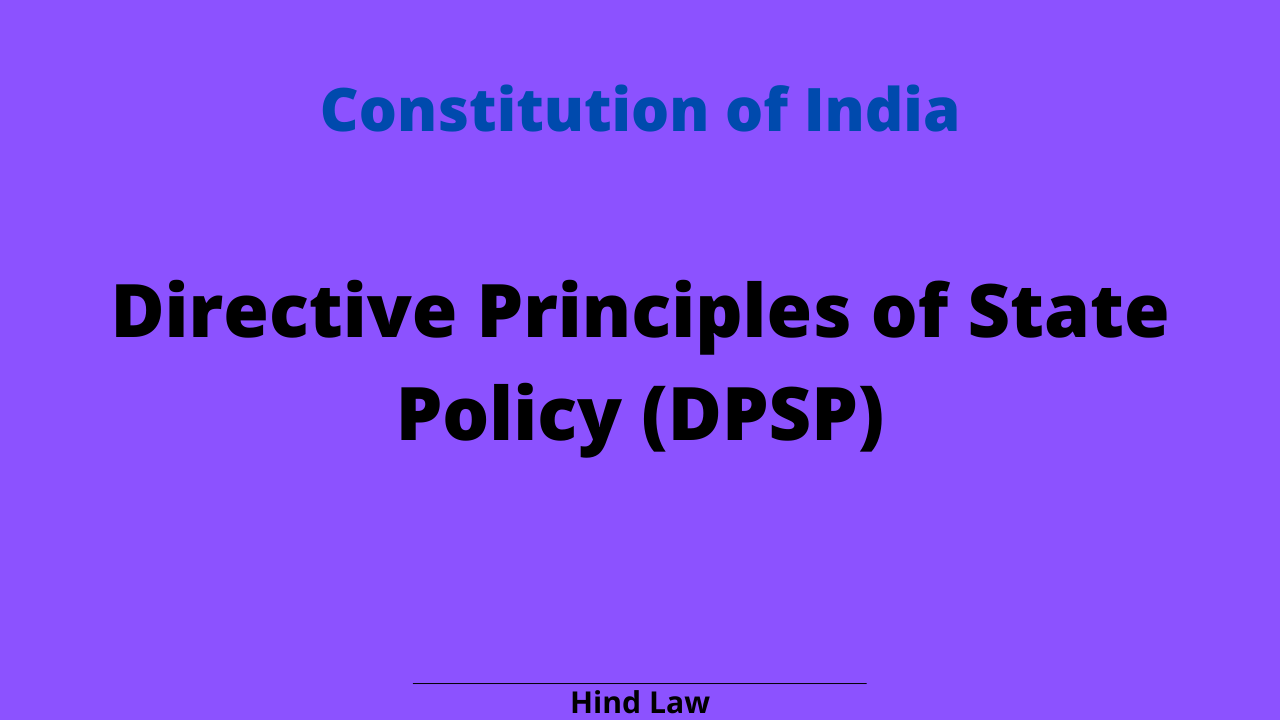

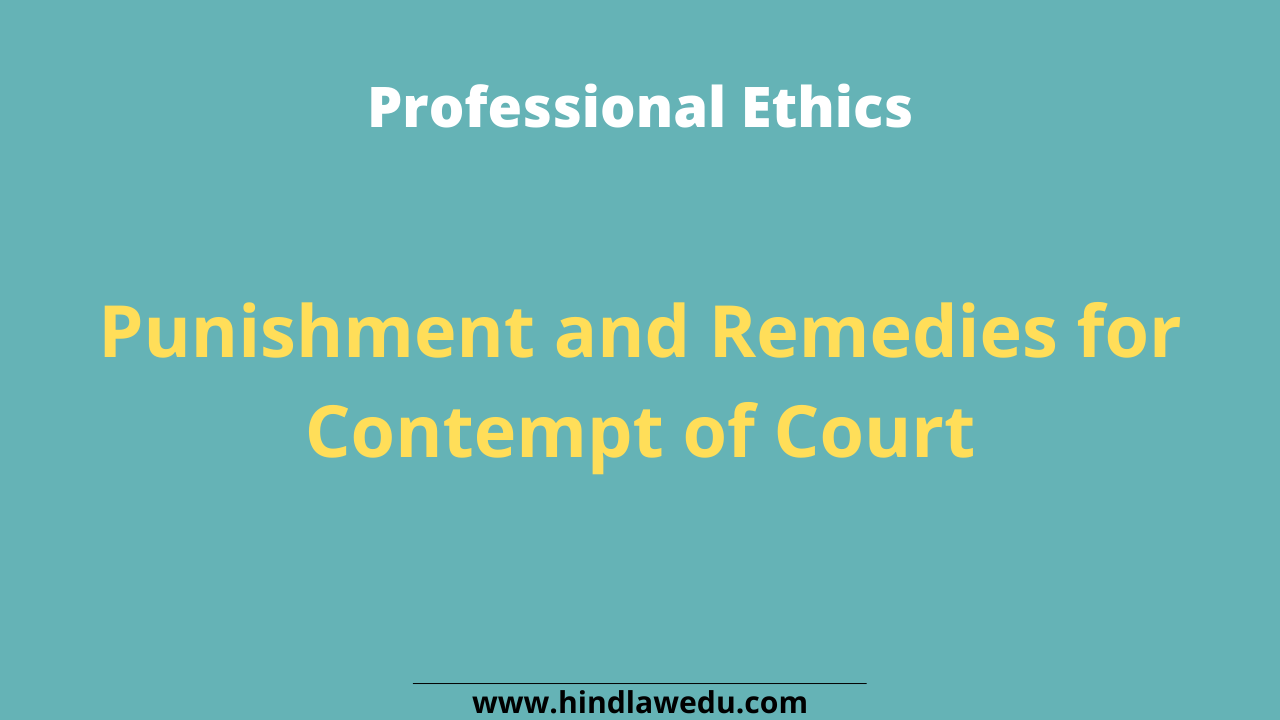





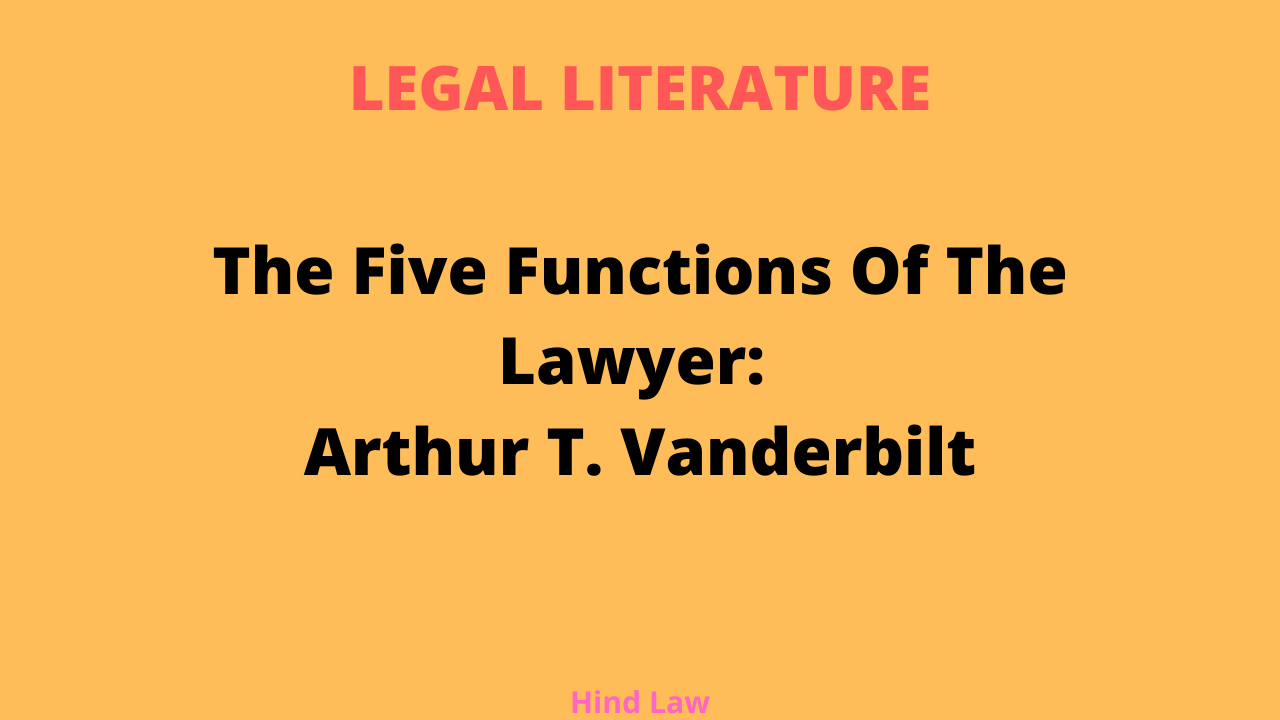

Very helpful and easy to understand.
Great job ?